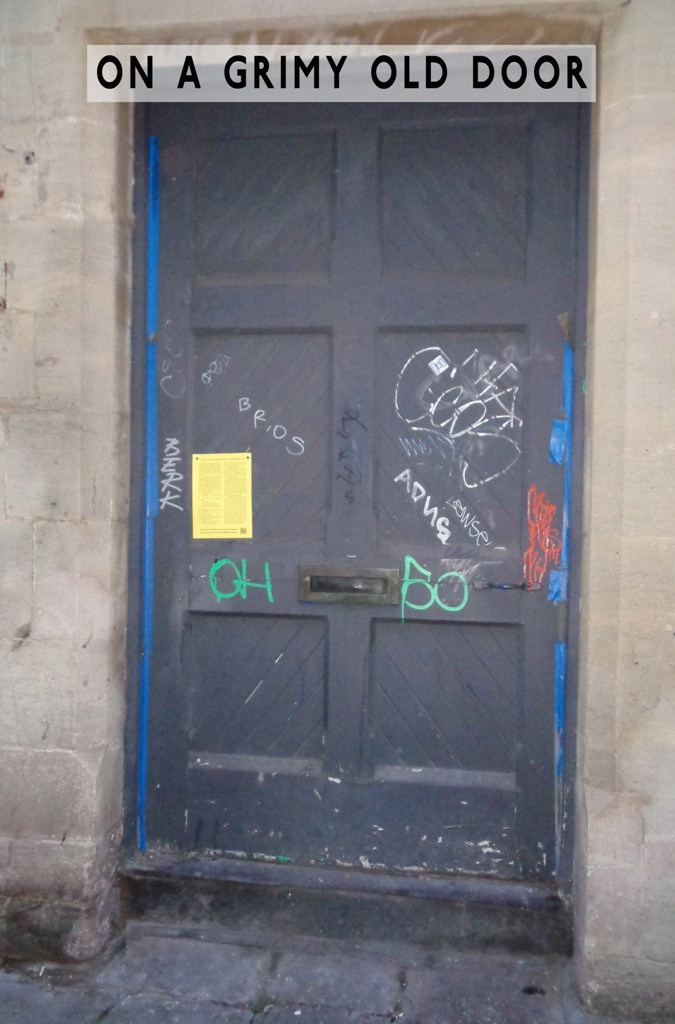SA4QE - The Slickman A4 Quotation Event
‘.... “It’s one of those crazy things, like when you read in the paper that the big brains figure the world’s going to end in 150 billion years and you think, well, we’ve got a little time yet. But a week later the big brains change their estimate to 50 billion years and you pull the covers over your head and have a nervous breakdown. Imagine! No more world and nobody to remember there was ever a world.” ’
From Soonchild (Novel, 2012) | Read more
'Do you think about fidelity sometimes?' said the head [of Orpheus].
'Sometimes.' Years after Luise had gone I found inside a copy of Rilke's Neue Gedichte her recipe for bread; I'd never seen her use a written-down recipe but there it was in her writing on a folded-up feint-ruled notebook page marking 'Orpheus, Eurydike, Hermes':
1.5 kg granary flour
2 dessertsp oil
1 " salt
1 tblesp caraway seeds
2 " dried yeast
1½ pts water, bloodwarm
1 teasp sugar
Put flour in a bowl, add oil & caraway seeds. Put sugar & yeast in a jug, add a little of the warm water. Leave for 10-15 mins in a warm place to froth, add salt to warm water. When yeast dissolved, add to the flour and water. Stir, then turn on to a floured board & knead 10-15 mins until it is elastic. Put back in bowl, cover, leave to rise in warm place. When doubled in size, take out, divide into 2, knead & thump, shape into loaves and put in greased tins. Cover, leave for 10 mins in a warm place, then put in oven & bake at 220º for 40-5 mins.
The smell of the brown loaves was like fidelity.
“If we'd been edible we'd never have lasted this long.”
Time after time had violent men sharpened the cross into a sword and made their silken vestments into banners; time after time had they spat out the wafer and the wine and shouted for real blood and real bodies.
I exist, said the mirror.
What about me? said Kleinzeit.
Not my problem, said the mirror.
From Kleinzeit (Novel, 1974) | Read more
It is a strange and frightening thing to be a human being, to partake of the mystery and madness of human consciousness.
Dr Mzumi made another note in Klein’s folder. ‘A CT brain scan and a carotid angiogram might be a good idea. They’ll send you an appointment.’
‘Thank you. One day you’ll be old and pissing in two streams too. Sorry. Bye-bye.’
One assumes that the world simply is and is and is but it isn't, it is like music that we hear a moment at a time and put together in our heads. But this music, unlike other music, cannot be performed again.


